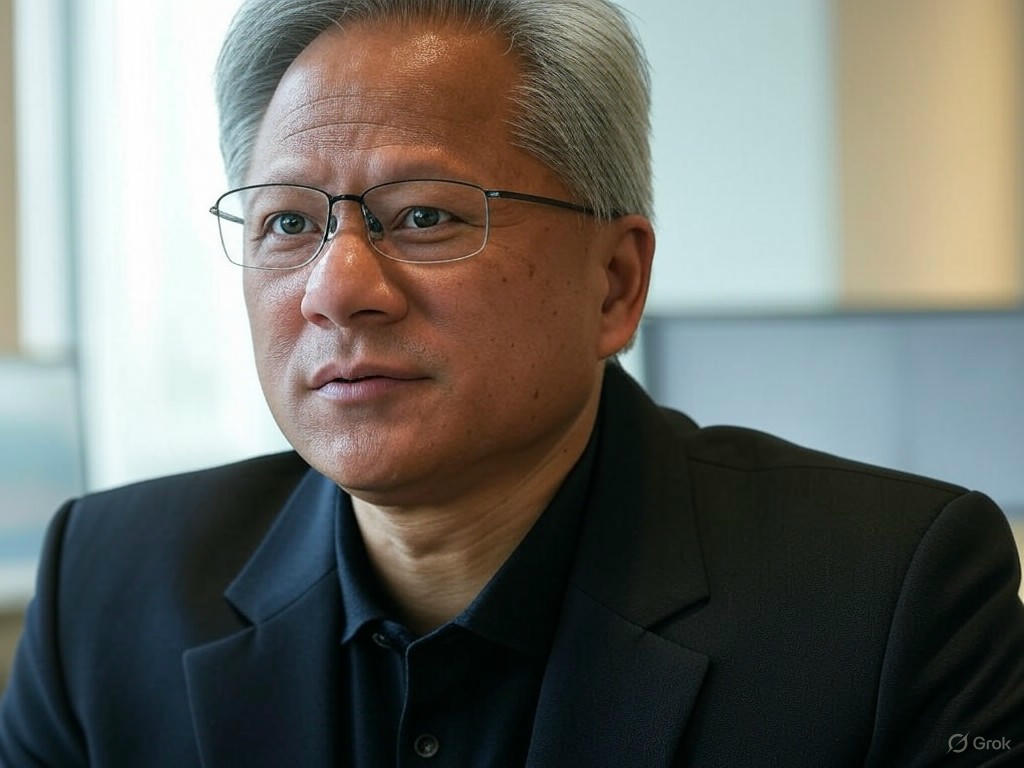In a world where technology evolves at breakneck speed, Nvidia remains a titan of innovation, particularly in the realm of artificial intelligence and graphics processing. Recently, the company’s CEO, Jensen Huang, made waves with a succinct yet powerful seven-word statement on quantum computing that has sparked intense discussion across the tech industry. While the exact words remain a topic of speculation, the essence of his message appears to challenge the hype surrounding quantum technology, urging a more grounded perspective on its current capabilities and future potential.
Quantum computing, often heralded as the next frontier in computational power, promises to solve complex problems beyond the reach of classical computers. From drug discovery to cryptography, its theoretical applications are staggering. Yet, despite the buzz, practical implementation remains elusive, with significant hurdles in scalability, error correction, and cost. Many industry leaders have poured resources into quantum research, betting on its long-term transformative impact. However, Huang’s blunt remark—interpreted by some as a reality check—suggests that Nvidia may not be jumping on the quantum bandwagon just yet. Instead, the company seems focused on maximizing the potential of its existing GPU technology, which continues to dominate AI and machine learning workloads.
This stance raises intriguing questions about Nvidia’s strategic direction. By seemingly downplaying quantum computing, is Huang signaling a belief that current technologies still have untapped potential? Or is this a calculated move to temper expectations in a field prone to overpromising? Analysts suggest that Nvidia’s expertise in parallel processing and AI-driven solutions positions it uniquely to pivot into quantum-adjacent innovations if and when the time is right. For now, though, the company appears content to let others navigate the uncharted waters of quantum development while it solidifies its stronghold in more established markets. This approach could shield Nvidia from the financial risks associated with early-stage quantum investments, which have yet to yield consistent returns for many players.
Moreover, Huang’s comment serves as a broader reminder to the tech community: not every emerging trend warrants immediate adoption. His words resonate in an era where companies face immense pressure to chase the ‘next big thing,’ often at the expense of sustainable growth. Nvidia’s cautious outlook might encourage other firms to reassess their priorities, focusing on incremental advancements rather than speculative leaps. It also highlights the importance of timing in tech innovation—knowing when to lead and when to observe.
As the dust settles on this bold statement, the tech world watches Nvidia with keen interest. Will Huang’s skepticism prove prophetic, or will quantum computing eventually redefine the industry, leaving naysayers in its wake? Only time will tell. For now, Nvidia’s message is clear: groundbreaking change doesn’t happen overnight, and even the most promising technologies must prove their worth. In a landscape of endless possibilities, this dose of pragmatism might be exactly what the industry needs to stay grounded while reaching for the stars.
